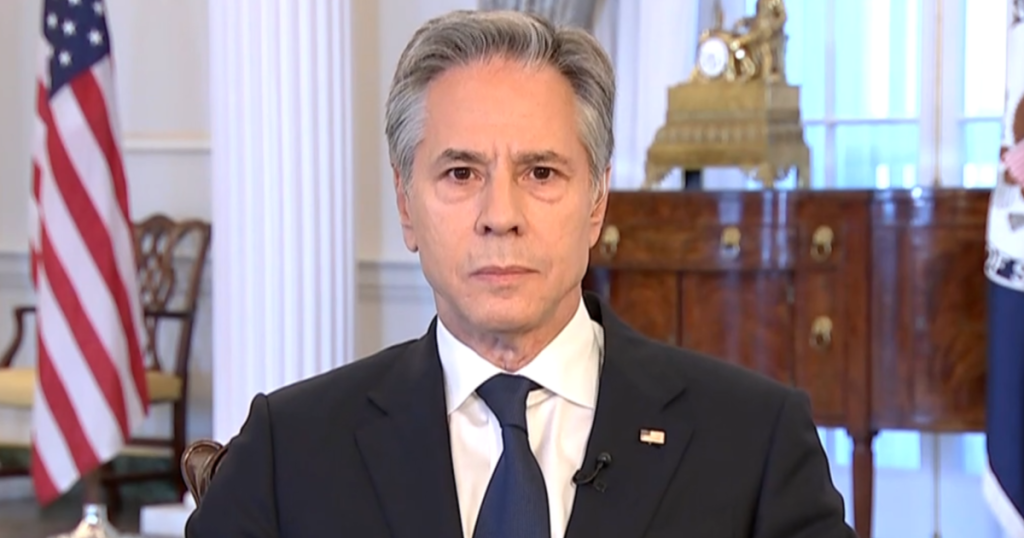Secretary of State Antony Blinken emphasized the U.S.’s stance against supporting an Israeli military operation in the southern city of Rafah without a credible plan to protect civilians. This comes in response to Israel’s preparations to expand its military operation in Rafah despite international criticism and the U.S.’s decision to pause a shipment of high-payload bombs to Israel. President Biden has been clear in his support for Israel’s defense while also emphasizing the protection of civilians and the need for humanitarian assistance in the region. The administration has expressed concerns about a major military operation in Rafah and is withholding support for certain systems if such an operation is launched.
Blinken also highlighted the importance of developing a plan for post-conflict Gaza, noting that Hamas is returning to areas that Israel has cleared and that initial success in Rafah may not be sustainable. The U.S. has not definitively concluded whether Israel has violated international humanitarian law in its military operations in Gaza, but Blinken acknowledged that there have been actions inconsistent with Israel’s obligations under international law. The administration’s report to Congress on Israel’s military operations in Gaza has faced criticism from both Democrats and Republicans, with some arguing that it doesn’t go far enough in addressing the issues at hand.
President Biden has faced criticism from both the left and right regarding his support for Israel and his administration’s response to the conflict in Gaza. Some have accused Biden of falling short in his commitment to Israel, while others have criticized the administration’s handling of the situation in Gaza. Blinken defended the president’s actions, stating that Biden has done more to defend Israel when it mattered most. The administration is navigating a delicate balance between supporting Israel’s defense while also addressing concerns about civilian protection and international law violations in the conflict.
The U.S. has been clear about its concerns regarding a potential major military operation in Rafah, and Blinken reiterated that certain systems will not be supported or supplied for such an operation. The administration is actively monitoring the situation and assessing the actions taken by Israel in Gaza to determine if there have been violations of international humanitarian law. The complexities of the conflict in the region require careful consideration and strategic planning for both the immediate and long-term implications of military operations. The Biden administration continues to navigate challenges and criticisms from various stakeholders as it seeks to address the ongoing conflict in the region and support efforts for peace and stability.
Overall, the U.S. position on the conflict in Gaza emphasizes the need for Israel to protect civilians and adhere to international humanitarian law in its military operations. President Biden has expressed support for Israel’s defense while also advocating for humanitarian assistance and civilian protection in the region. The administration’s response to the conflict has faced scrutiny from both Democrats and Republicans, highlighting the complexities of navigating U.S. foreign policy in such a volatile and contentious situation. As the conflict in Gaza continues to unfold, the administration remains focused on finding a balance between supporting Israel’s defense and addressing concerns about civilian casualties and violations of international law.


